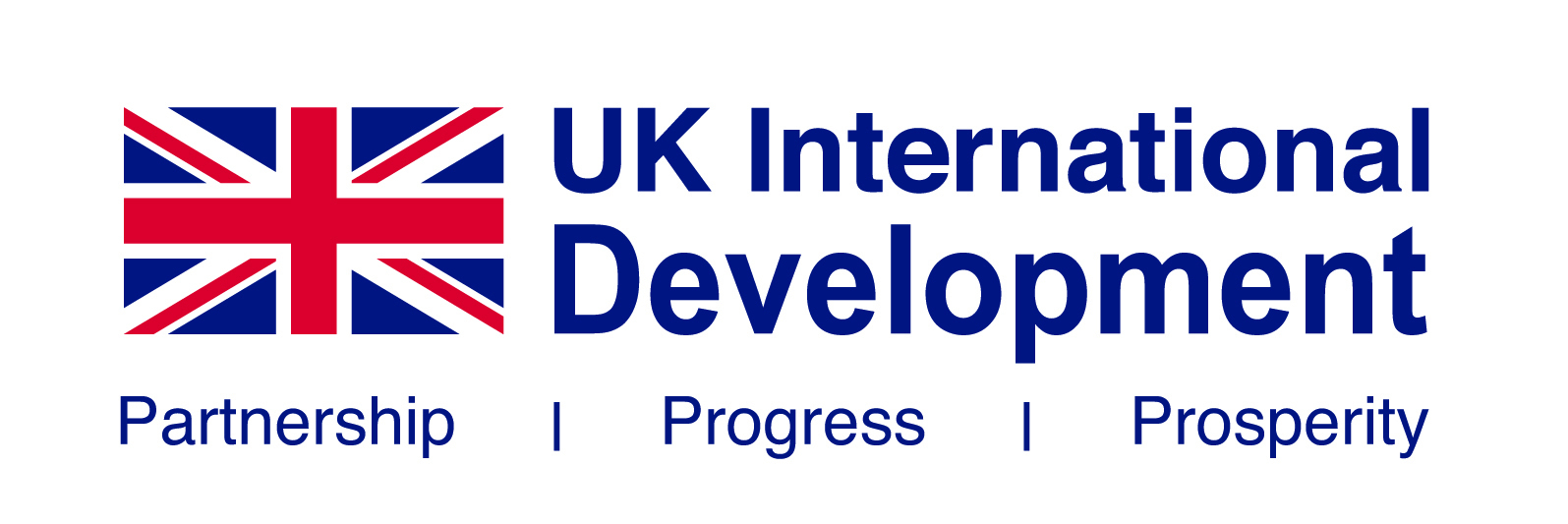Fighting the Covid-19 pandemic globally
The problem:
During the early stages of the Covid-19 pandemic, decision-makers faced a significant challenge due to the scarcity of information and the rapidly evolving situation. Accurately tracking the spread of the virus and implementing effective response measures was difficult without timely and reliable data, especially in terms of understanding population movement and behaviour.
The solution:
To address this challenge, mobile big data (MBD) emerged as a critical tool for decision-makers worldwide. By leveraging anonymised and aggregated data from mobile networks, authorities gained valuable insights into population movements and behaviours. These insights were crucial for understanding and controlling the spread of the virus, directing resources efficiently, and measuring the economic impacts of the pandemic. It played a key role in informing a wide variety of response measures, demonstrating the power of data-driven decision-making in public health crises.
The impact:
The impact of mobile big data during the pandemic was profound, especially in the early stages when uncertainties were high and reliable information was scarce. Mobile operators provided critical, high-quality data that informed a wide array of response measures. For example, MBD insights were used to assess lockdown compliance, identify potential hotspots for virus spread, and understand the changing patterns of population movement. These data-driven insights enabled governments and health agencies to make more informed decisions, ranging from implementing travel restrictions to allocating medical resources effectively.
The technology:
The technological approach to utilising mobile big data involved collecting vast amounts of anonymised and aggregated mobility data from network operators to protect individual privacy. This data, when combined with other datasets like health reports, traffic patterns, and demographic information, provided a multi-dimensional view of how the virus was affecting different regions and communities. Advanced analytics and artificial intelligence techniques were applied to this combined data to predict trends, identify risks, and propose suitable response strategies.
The ecosystem:
The deployment of MBD solutions during the pandemic was a demonstration to the power of collaboration. Mobile operators, governments, international agencies, and various other stakeholders across 40 countries worked in tandem to harness the potential of big data. In countries like the Democratic Republic of Congo, Rwanda, Benin, and Burkina Faso, these partnerships were instrumental in developing customised mobile big data products that addressed specific local challenges posed by the pandemic. These collaborations highlighted the importance of cross-sector partnerships in tackling global crises.
Privacy and ethical considerations:
The utilisation of mobile big data for pandemic response also brought to the forefront significant privacy and ethical considerations. To address these concerns, the GSMA instituted strict guidelines to ensure the responsible use of MBD (Covid-19 Privacy Guidelines). These guidelines emphasised lawful, transparent, and time-bound use of data, maintaining a balance between the societal benefits of data analytics and the upholding of individual privacy rights. Such measures were essential not only for ethical compliance but also for maintaining public trust in a scenario where data sharing was crucial for public health.
Covid-19 resources
The products and services developed in response to Covid-19 represent an unprecedented deployment of mobile big data analytics for the benefit of society. These projects generated a huge amount of knowledge and experience, which the GSMA has captured for the benefit of mobile operators and governments who wish to develop and adopt impactful products and services to address Covid-19 and other challenges.
Utilising mobile big data and AI to benefit society gives a global overview of how MBD analytics have been used to respond to Covid-19. It also details the key insights and learnings from the GSMA AI4I Covid-19 response, with case studies on the DRC, Rwanda, Benin and Burkina Faso, and a summary of support provided to local stakeholders in the remaining 10 countries.
In this Cambridge University Press Special Collection paper, for which GSMA has contributed, you will find various further examples of the use of mobile data analytics in the fight against covid-19 pandemic.
The AI for Impact webinar and blog series covers key topics relating to mobile big data and the response to Covid-19. The series features a variety of expert speakers, showcases existing case studies from across the globe and provide resources for learning and engagement.
Access the webinar and blog for each of the seven topics featured.
This material has been funded by UK International Development from the UK government. The views expressed do not necessarily reflect the UK government’s official policies.

